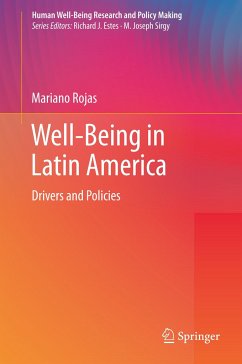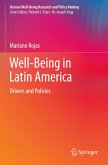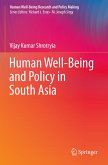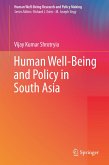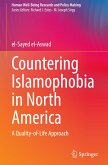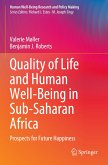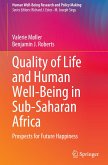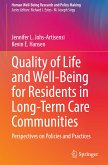This book provides an overview of factors fostering well-being in Latin America and discusses many threats to well-being in the region. The book assesses the current well-being situation in Latin American countries and offers an explanation based on its many drivers, such as family arrangements, kindness and affection of interpersonal relations, economic situation, education regimes, political institutions, poverty, income inequality, crime and violence, and the weakness of political institutions.
The book provides a framework to fully understand the drivers behind high well-being, including the challenges and opportunities that public policy faces in the procurement of people's well-being. The book provides relevant material for policymakers and social scientist interested in the procurement of well-being.
The book provides a framework to fully understand the drivers behind high well-being, including the challenges and opportunities that public policy faces in the procurement of people's well-being. The book provides relevant material for policymakers and social scientist interested in the procurement of well-being.

